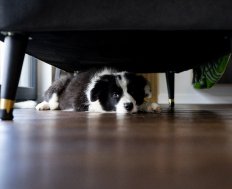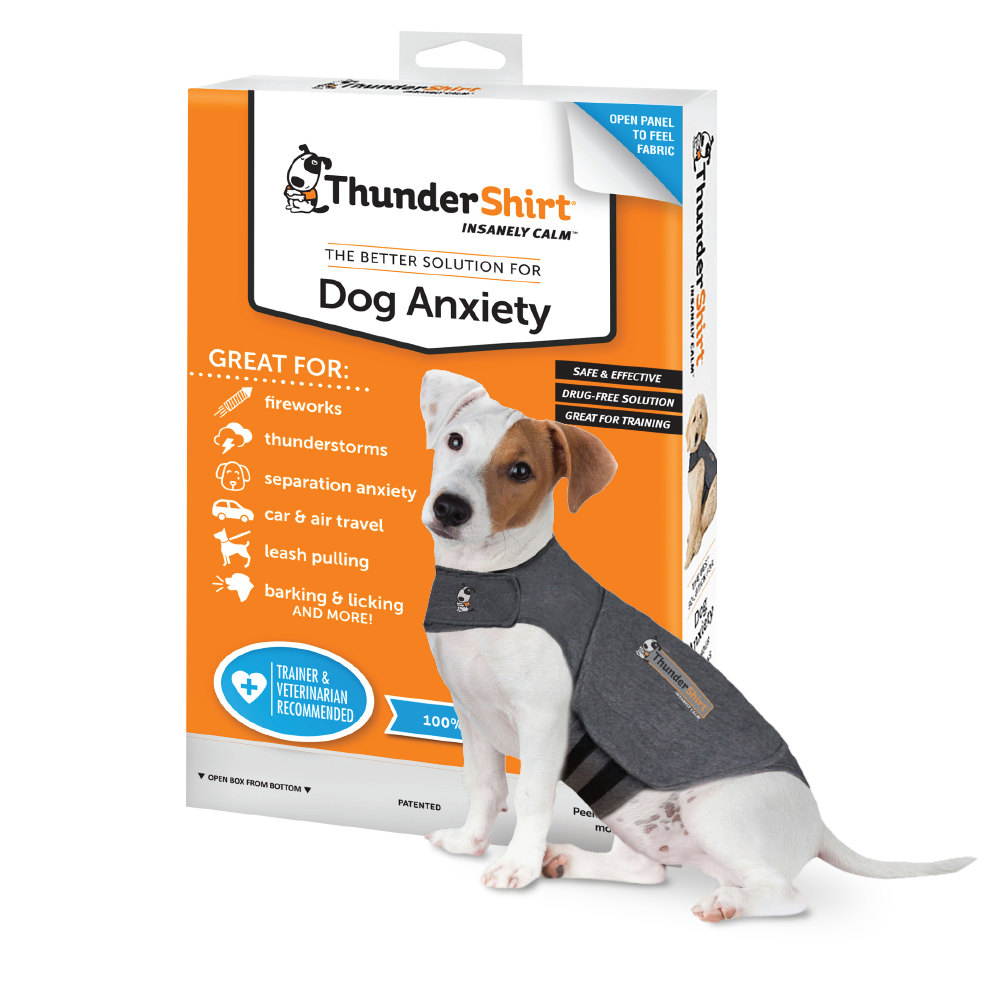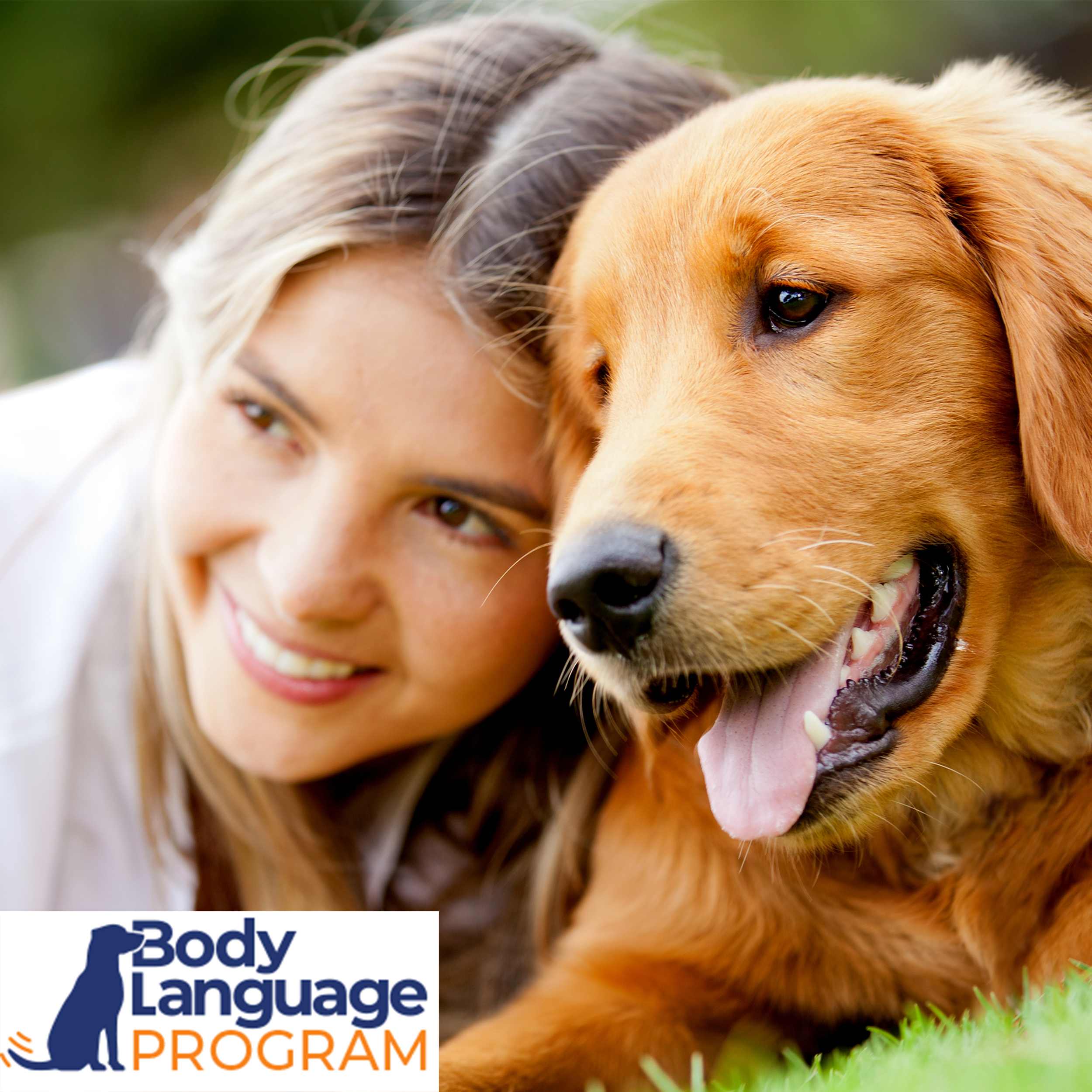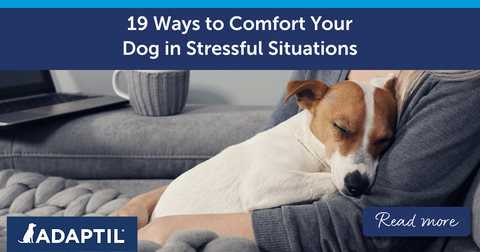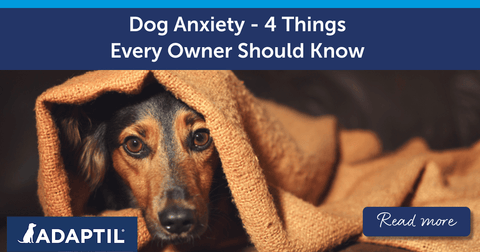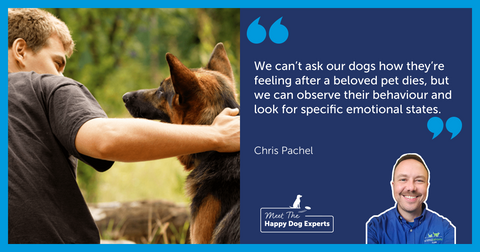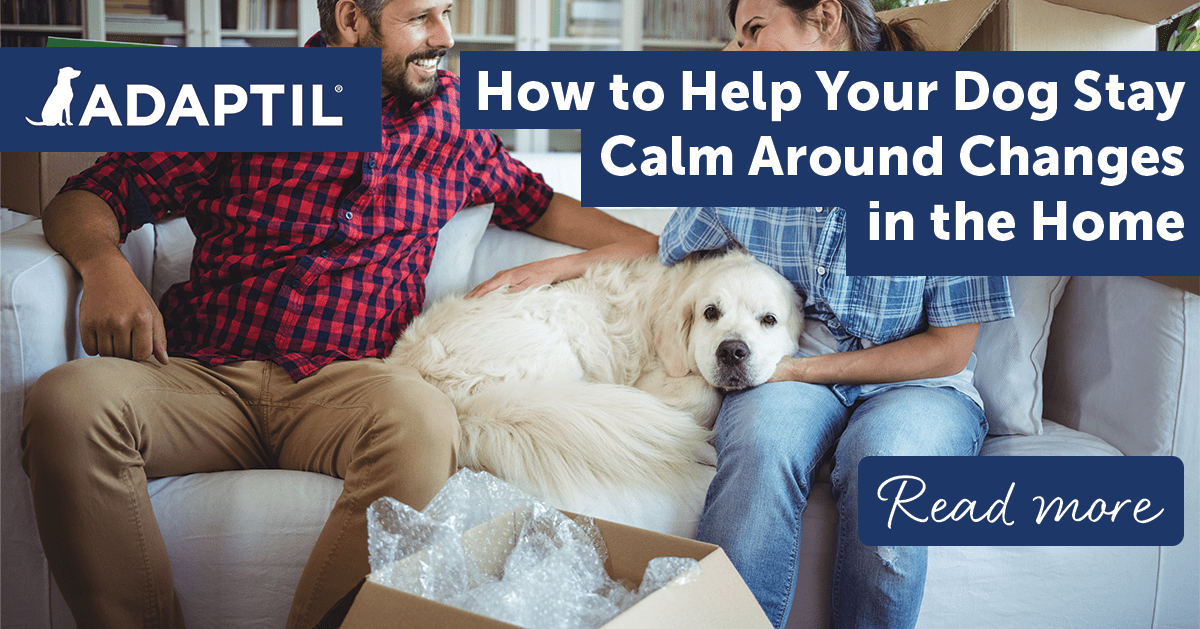
How to Help Your Dog Stay Calm Around Changes in the Home
Rarely do our lives stay the same. With changes in our routine due to the recent pandemic, working from home, the arrival of new babies or even just moving furniture around we are always adapting to something new. But what do our dogs think of these changes? Do they take it all in their stride, or do they show signs of anxiety?
How to Help Your Dog Stay Calm Around Changes in the Home
Dogs are excellent at reading our body language, so try to remain calm about any changes you are having to make; your dog will pick up any signs of anxiety and that could make them feel anxious too. A dog's nose is a powerful tool, and they can 'sniff' when their owner's stress hormone (cortisol) level has risen.
They are also able to read us in other ways; our body language, facial expressions and the tones of our voice they need only be subtle, but our dogs know!
So, as well as staying calm ourselves, what can we do to help our dogs adapt to change around the home?
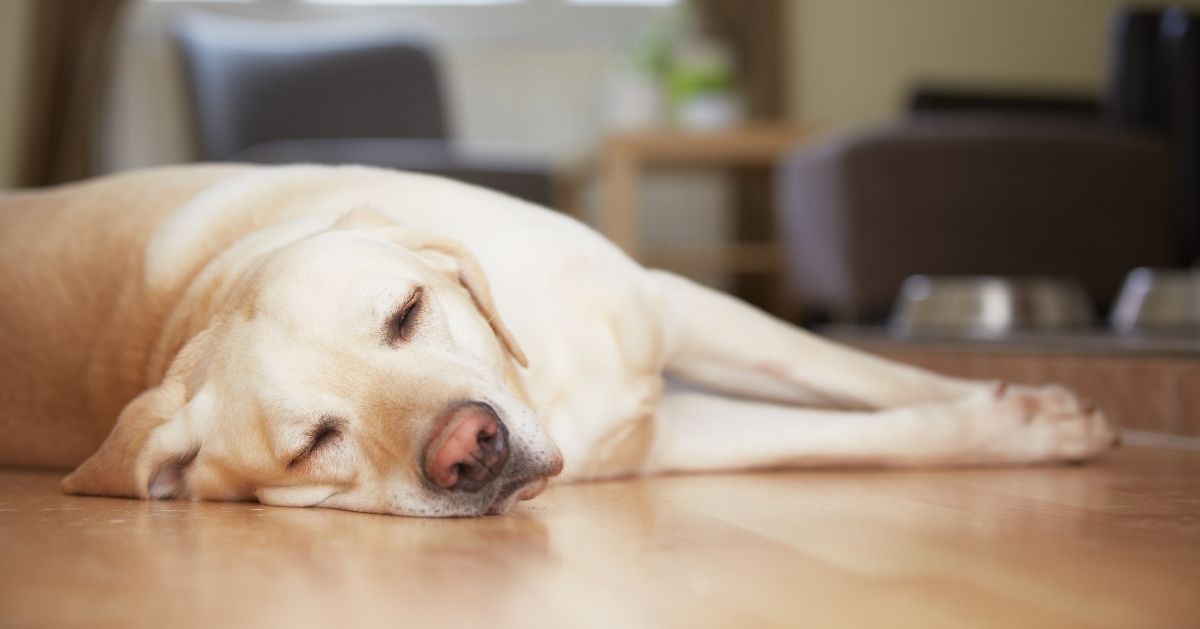
Start at the puppy stage
From the moment you adopt your puppy, socialisation training starts. Everything your puppy experiences from that moment will mould their character and their confidence with the different experiences they encounter. This could be anything from learning to travel in the car, meeting new people, sleeping in a new bed even getting used to new noises around the house.
You will get to understand their body language as they grow, so you will be able to tell when they are finding a situation difficult to handle or they are feeling anxious.This will give you the opportunity to take the necessary steps to reassure them that all will be well.
Think ahead
If you know that your dog may be affected by some plans you have made new visitors, a change of routine, being left alone for a period of time, or new noises eg. vacuum cleaners you should plan ahead and gradually expose them to the changes.
For example, perhaps they can meet new people on neutral territory the first time. This could make it easier for your pooch to accept them when they approach their home territory. If you know that you will no longer be working from home and they are going to be home alone for a while, try to ease them into getting used to their own company. Small things like having the radio or TV on will help them feel as though they have company; try a few different genres of music to see what helps your pooch to feel less anxious!
Take a look at our Calming Music for Dogs Playlist on YouTube for 15 hours of relaxing sounds.
Keep your dog's routine as normal as possible exercise time, playtime, mealtimes, and of course training. If their daily structure remains the same, your dog will find the small adjustments easier to make.
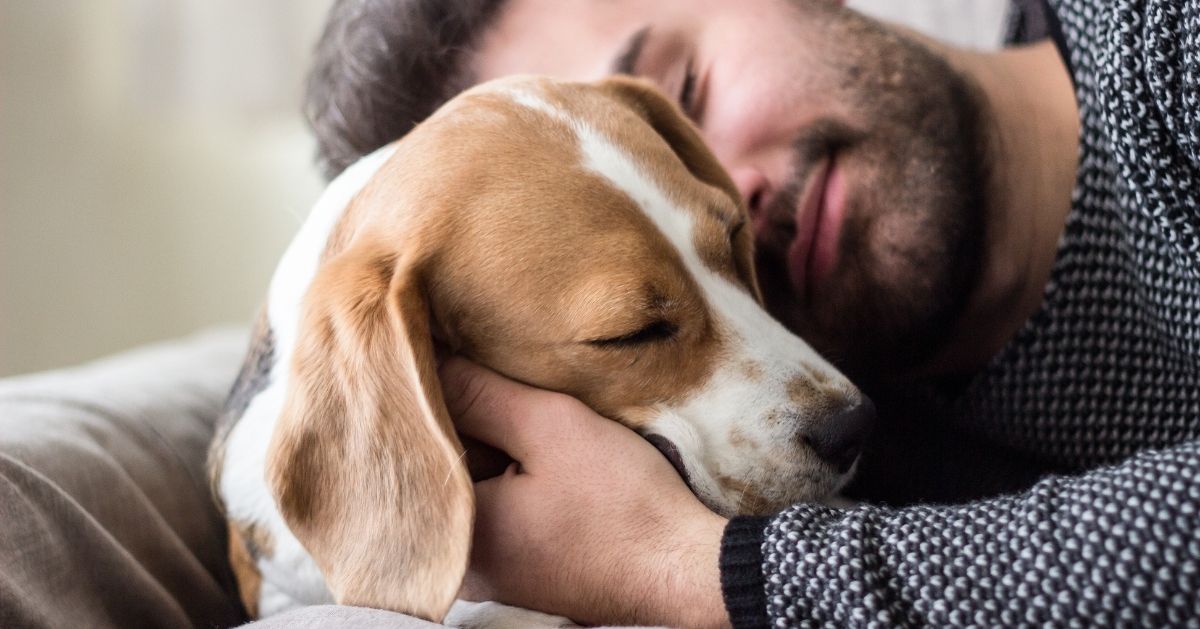
Prepare their space
Make sure they have their own space that they can retreat to if everything gets that little bit too much for them. When change occurs, they will need somewhere they can feel secure and where they will not be disturbed.
An ADAPTIL Calm Home Diffuser plugged in close to their safe space will help them feel calm and reassured.
Training
Training is an important part of a dog's development and will make any changes and adjustments easier for you both. Teach your dog recall from an early age so that they will come to you when called; this will help you to remove them quickly from situations that make them feel anxious. Encourage them to settle on cue in their bed, on a mat, or somewhere you know they feel safe so that you can continue with adjustments to their routine.
Make sure you reward them every time they do as you ask and they will gradually accept what is happening around them.
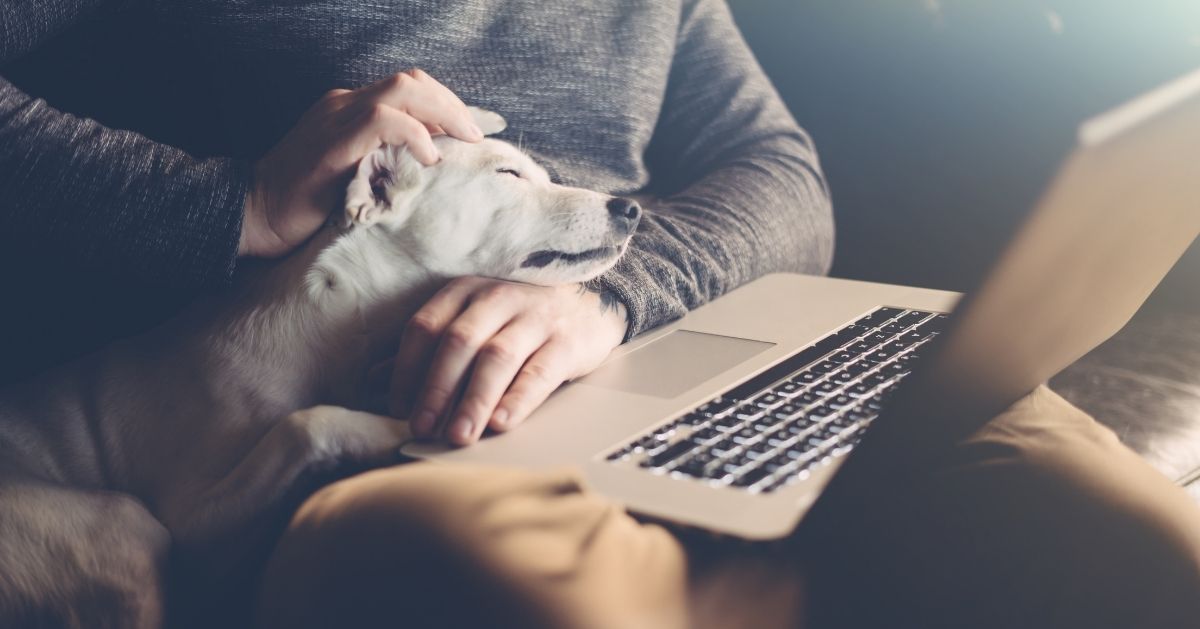
Seek help
Like humans, dogs can get anxiety that is difficult to control. If you know that your dog is likely to get very stressed by a situation that is about to occur and you think they would benefit from additional support, a qualified behaviourist may be able to give tips and suggest some coping strategies that will help your dog stay calm around changes in the home.


